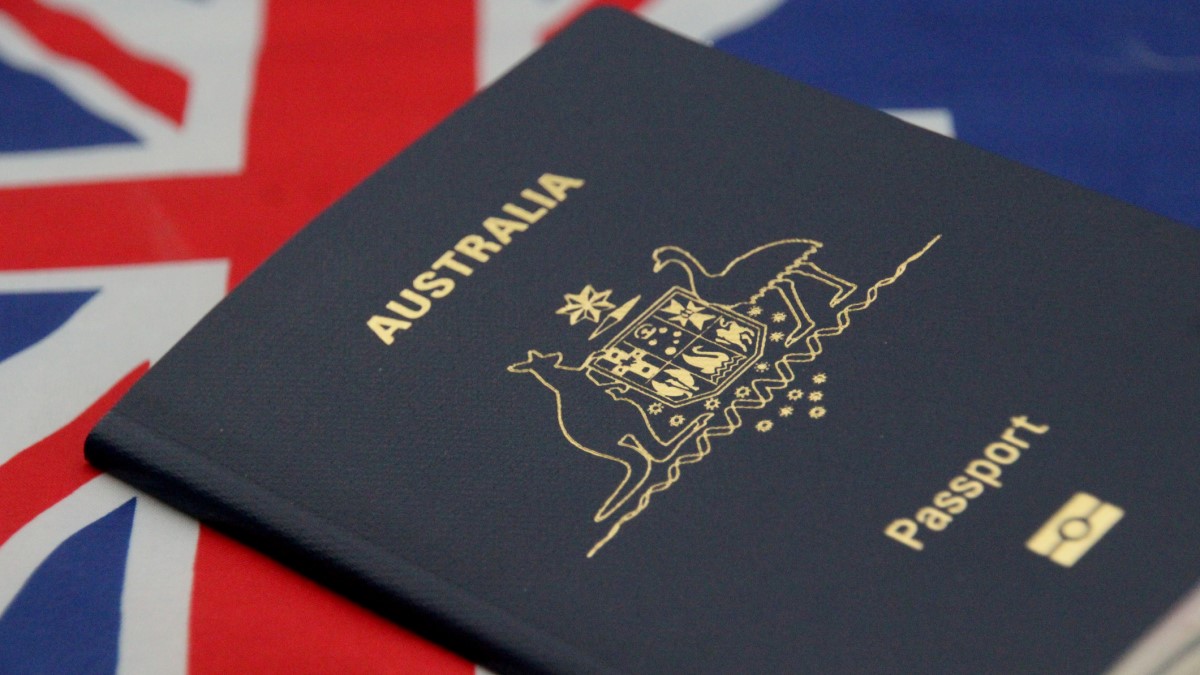
Australia has tightened regulations for its subclass 400 Short Stay Specialist visa, aiming to protect local workers and prevent misuse of the visa system. The recent changes have introduced stricter conditions for applicants of the subclass 400 visa, which is intended for short-term, highly specialized work.
Understanding Australia’s Temporary Work Visa
The subclass 400 Short Stay Specialist visa is ideal for foreign professionals engaged in short-term, high-skilled work. It enables skilled workers to enter Australia for temporary projects without competing with local job seekers.
With the new rules in place, applicants must ensure that their work falls strictly under the temporary and specialized category.
Key Changes to Subclass 400 Visa Rules
The Department of Home Affairs will now rigorously assess subclass 400 visa applications to ensure applicants don’t use it as a substitute for the subclass 482 Temporary Skill Shortage visa.
The new rules make it harder to obtain this visa, with only a small number of applicants likely to be successful. Under the updated policy:
1. Maximum Stay Reduced
Visa holders can now stay in Australia for a maximum of three months within any 12-month period. Previously, the visa could be extended to six months, depending on individual circumstances, but this is no longer an option under the new rules.
2. No Re-entry Within 12 Months
If a visa holder leaves Australia before completing their full three-month stay, they are not permitted to return during the same 12-month period. This ensures the visa is used strictly for short-term work and limits back-to-back entries.
Key Changes to Subclass 400 Visa Rules
The Department of Home Affairs will now rigorously assess subclass 400 visa applications to ensure applicants don’t use it as a substitute for the subclass 482 Temporary Skill Shortage visa.
The new rules make it harder to obtain this visa, with only a small number of applicants likely to be successful. Under the updated policy:
1. Maximum Stay Reduced
Visa holders can now stay in Australia for a maximum of three months within any 12-month period. Previously, the visa could be extended to six months, depending on individual circumstances, but this is no longer an option under the new rules.
2. No Re-entry Within 12 Months
If a visa holder leaves Australia before completing their full three-month stay, they are not permitted to return during the same 12-month period. This ensures the visa is used strictly for short-term work and limits back-to-back entries.
Why Were These Changes Made?
The Australian government has implemented these changes to prevent the misuse of the Subclass 400 visa for longer-term work intended for the Subclass 482 visa. By limiting the visa duration and increasing scrutiny, the government aims to protect job opportunities for local workers.
Implications for Visa Applicants
Careful Planning: Those seeking to work in Australia on a Subclass 400 visa should carefully plan their trips to ensure they comply with the new regulations.
Consider Other Visa Options: If you require a longer stay in Australia, you may need to explore other visa options, such as the Subclass 482 Temporary Skill Shortage Visa.
Subclass 400 Visa Overview
The subclass 400 visa is designed for short-term work that requires specialized skills, knowledge, or experience. It allows professionals to work in Australia for temporary projects or assignments.
However, it is not intended for roles that require long-term employment, which is covered by other visa categories like the subclass 482.
- Duration: Typically granted for up to three months within a 12-month period.
- Processing Fee: Starts from AU$415 (approximately ₹23,869).
- Eligibility: Applicants must demonstrate that their work is highly specialized and temporary.
Conclusion
Australia’s stricter regulations for the subclass 400 visa aim to prevent visa misuse and protect local workers. As the new rules limit the duration of stays and restrict multiple applications, it is essential for potential applicants to carefully review their eligibility and the nature of their work before applying.
